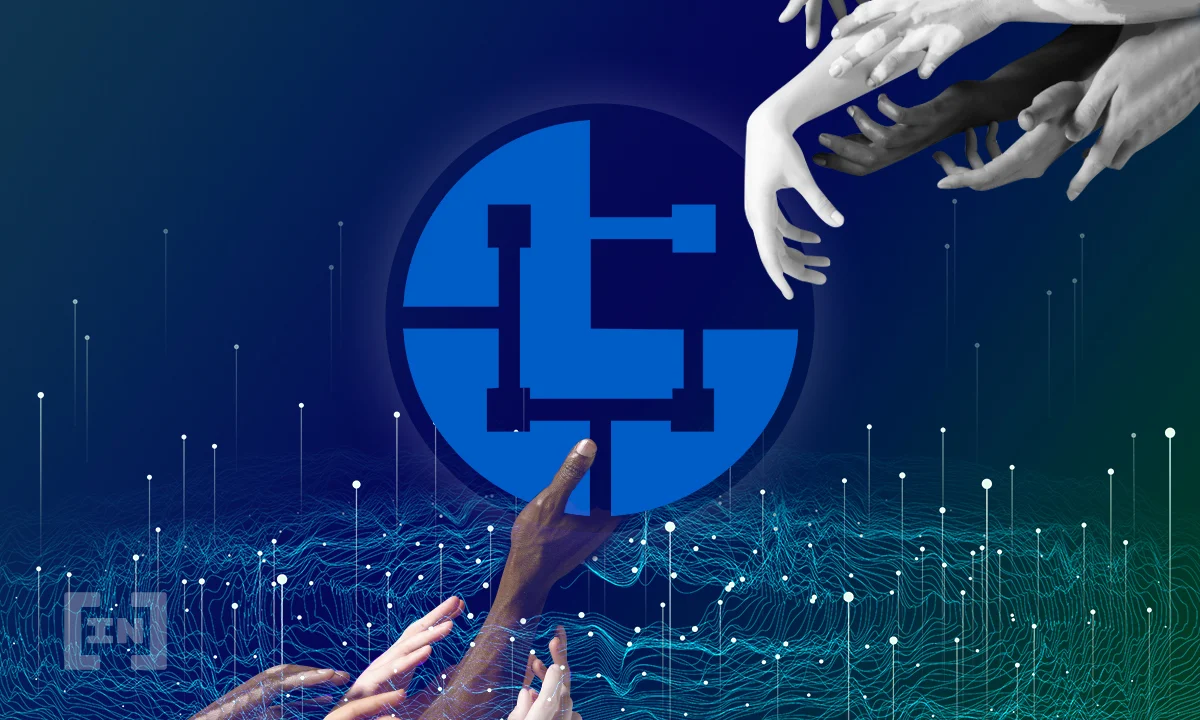
In the last year, the GameFi industry has grown significantly, with Axie Infinity alone surpassing $1 billion in sales and 3 million Daily Active Users (DAU) in December 2021. With Ubisoft joining the fray, the GameFi sector shows no signs of slowing down.
As these games become more popular, more people are becoming aware of their earning potential. However, not all GameFi revenue streams are readily available. Continue reading to learn how NFT renting is changing the game.
People come to NFT rental services for various reasons, making up the audience. Short-term flex rent attracts some renters who want to establish a good reputation in the NFT community. They do this to use the non-fungible as their social media profile picture. On the other hand, art installations and exhibitions may rent non-fungibles to host limited-time events with particular works of art or to give their openings a creative, exciting start.
Gamers account for a sizable portion of demand. Digital land plots are a popular type of NFT rental. Landlords with funding will invest large sums of money in property and housing in play-to-earn games, only to lend them out to players as a form of living within the game. Such a prospect draws players into a world, giving them a haven to call their own and enticing them to invest.
The second is to rent in-game characters, skins, gear, weapons, pets, and other items. These non-fungibles are now necessary to play or give players an advantage in most GameFi games. Numerous games provide different tiers of NFTs, with rarer ones adding more value to the gameplay.
With NFT rentals and so-called scholarships, gamers who do not want to invest in an NFT or cannot afford the initial asking price can now rent one. Alternatively, if a player can afford a common NFT but not a rare one, they may seek a scholarship to obtain the latter for good measure.
GameFi titles may have completely different financial components. However, asset ownership, a concept central to almost all blockchain games and enabled by NFTs, is perhaps the most common source of revenue for GameFi.
Players can participate in a game’s play-to-earn ecosystem by owning NFTs. This mechanism allows players to earn money for completing in-game tasks such as winning tournaments and discovering hidden items.
NFT assets can also profitably sell to other players. Players, for example, can sell NFT in-game items such as weapons, armor, and characters. The more valuable the item, the higher its market value.
While play-to-earn and digital asset sales have the potential to generate enormous profits, they pose barriers to widespread adoption.
The most difficult challenge for blockchain games is attracting and onboarding new users.
For example, new Axie Infinity players must obtain three Axis before they can begin playing. The issue is that even a ‘cheap’ Axie can cost hundreds of dollars. Some rarer Axies can even cost tens of thousands of dollars! As a result, players who lack the financial resources to purchase these NFTs cannot participate in the play-to-earn ecosystem.
On the other hand, many NFT owners who do not actively use the platform are in some gaming ecosystems. These holders either do not have the time to play or are waiting to sell their NFTs for a sizable profit (using the NFT only as a trading asset). In either case, these NFT owners hoard assets that do not generate income.
Current NFT gaming projects are still plagued by high entry barriers and idle, non-earning NFT holders. These issues impede widespread adoption and industry progress.
As a result, NFT renting is poised to take decentralized gaming to the next level by introducing new revenue streams for all participants (lenders and borrowers). Furthermore, the leasing system reduces accessibility barriers by allowing users with limited financial resources to participate in play-to-earn ecosystems. Contact SmartOSC if you need help with NFT marketplace development.
Increased acceptance and knowledge sharing have aided the spontaneous growth of cryptocurrency over the last…
Blockchain can be intimidating to research, but attending cryptocurrency events is one of the best…
Blockchain has made inroads into all major industries and is also becoming a part of…
In recent years, blockchain lending solutions have grown in popularity as a way to earn…
The scalability trilemma is still one of the blockchain's most pressing issues. Here are some…
Many people are looking for ways to get involved in the crypto world as the…